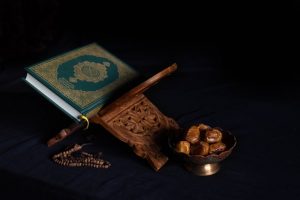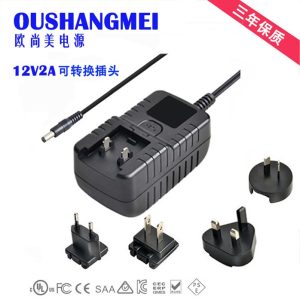Zakat is compulsory for all Muslims who have savings that exceed the Nisab
3 min read
Zakat is compulsory for all Muslims who have savings that exceed the Nisab
Last Updated on December 1, 2023 by Jonathan Lopez
The First Pillar of Islam by Br Abdullah Hakim Quick is an excellent introduction to the Islamic faith for both new Muslims and non-Muslims, giving a rare insight into the basics of this wonderful religion. The book covers beliefs in God, Angels, Prophets, Books and Messengers, Fate & Destiny, Predestination vs Free Will, Islamic Law (Shari’ah), the Hereafter and Institutionalised Worship.
One chapter looks at Zakat or almsgiving, a compulsory annual payment for all financially able Muslims. Br Quick writes: “The Third Pillar of Islam consists of sadaqah [Zakat] – charitable payments given to certain categories of needy people… In addition to ‘zakat,’ there are other obligatory forms of charity, such as 1/10th or 2½% tax on capital assets for those who are not debtors. Other charities, which are voluntary and optional, include providing enslaved people with their freedom, feeding or clothing the needy, freeing prisoners from jail, rebuilding homes destroyed by an enemy, etc.”
He continues: “Islam places great importance on the giving of sadaqah [Zakat]… The Holy Prophet Muhammad (peace be upon him) said that he had been ordered to fight people until they say there is no God but Allah and believe in me (the Prophet). He added that their lives and property are protected (Qur’an 16:106 & 66:8). When someone asked what was allowed and what was, he answered that everything permitted is allowed except for two things: usury and the receiving of charity from an evil hand.” [Quotes from Islam QA]
The Third Pillar of Islam” by Derek Ford “What exactly do we mean by ‘pillar’? The word originally meant something which comprises part of a building; later, it also came to mean one of the uprights which help to according to the Merriam-Webster dictionary, Zakat is “Islamic canonical almsgiving by which wealth is redistributed for charitable purposes.”
According to Quran Online charity website, “The word Zakah means both ‘to grow’ and ‘to cleanse,’ just as rain cleanses everything from dirt and dust. This growth and purification is of a person’s soul, as well as his wealth. To achieve growth and purification of the soul, Allah Most High has prescribed certain acts of worship such as fasting. In this sense, Zakat may be said to have the same purpose as these other obligatory deeds.”
On the Islam Q&A website, there is a question and answer section for new Muslims and other Islamic topics. Zakat is discussed in several of the questions and answers on the Islam Q&A website:
Q: “Is Zakat given only once at the end of Ramadan?
“Zakat must be paid every year after one has attained puberty, made their obligatory pilgrimage, saved wealth whose amount reaches the nisab [sufficient minimum], which is neither used nor lost or damaged or decreased, one does not have financial liabilities, nor are they travelling.”
Q: “Does Zakat al-Fitr… have to be given before Eid prayer?
Is it necessary to give it in person?
In addition to clarity on the purpose and methods of paying Zakat and its importance in Islam, Islam Q&A provides answers from Quran verses and authentic sayings from Prophet Muhammad’s (peace be upon him) hadiths so that people can understand issues more fully.
For example, if I live far from where I work/study/do business, may I give Zakat al-Fitr via my relatives or friends?”
“Yes, it is necessary to give Zakat al-Fitr before Eid prayer. It is not permitted for anyone who owes a debt to spend the night of Eid without clearing their debt.”
For example, the website provides a hadith from Sahih Bukhari on paying Zakat: “Narrated Abu Hurayrah: “The Prophet said: ‘Charity is obligatory every day on every joint of a human being. If one helps a person in matters concerning his riding animal by helping him to ride it or by lifting his luggage on to it, all this will be regarded charity…’ “(Bukhari, No. 2401)”
Islam Q&A has a very user-friendly site and makes it easy for new Muslims and non-Muslims who have questions on Islamic topics to learn more about Islam easily through its question and answer section. People must know the importance of Zakat and the methods of paying it to gain rewards from Allah (SWT) for their wealth.





